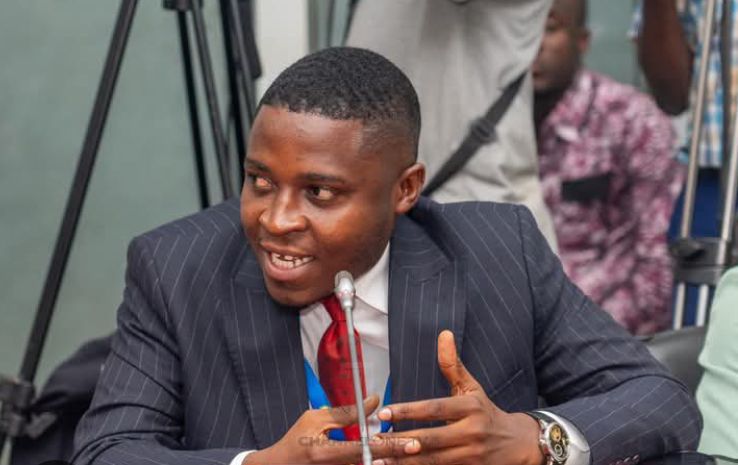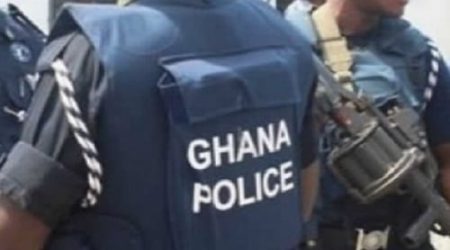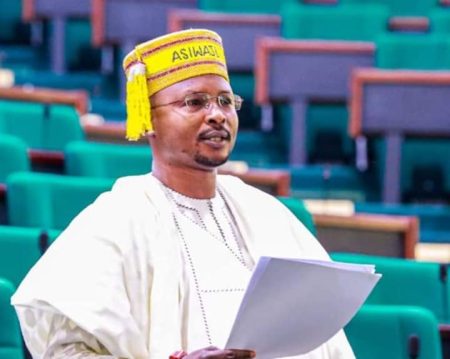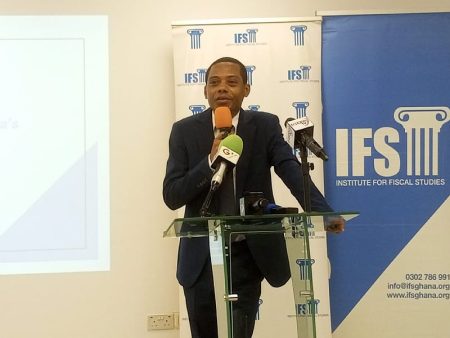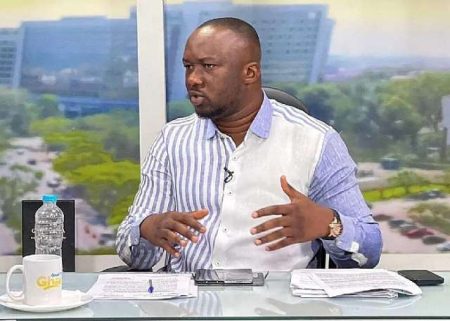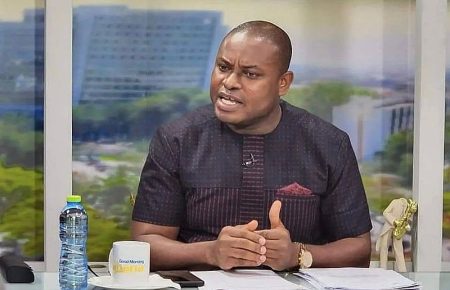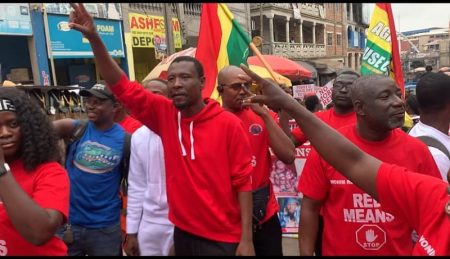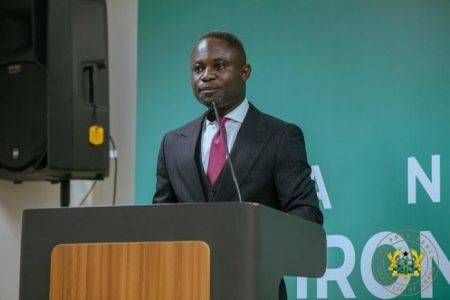The recent Ablekuma North parliamentary rerun election, held on July 11, 2024, was unfortunately marred by violence, echoing previous instances of electoral disturbances in Ghana’s political landscape. Thugs disrupted voting processes at several polling stations, resorting to attacks on individuals, including members of the press. This prompted swift condemnation from various quarters, most notably from Dr. Mahamudu Bawumia, the New Patriotic Party’s (NPP) flagbearer for the 2024 elections. Dr. Bawumia publicly denounced the violence and demanded accountability for the perpetrators, pledging to pursue justice even if it took an extended period. His strong stance, however, drew criticism from opposition figures who pointed to what they perceived as inconsistencies in his handling of past electoral violence incidents.
Edem Agbana, the Member of Parliament for Ketu North, representing the opposition National Democratic Congress (NDC), was particularly vocal in his critique of Dr. Bawumia’s pronouncements. Agbana highlighted Dr. Bawumia’s role as Chairman of the Police Council during the 2019 Ayawaso West Wuogon by-election, an event also characterized by violence. Agbana argued that Dr. Bawumia, despite his position of authority, failed to ensure justice for the victims of the Ayawaso West Wuogon incident throughout his tenure as Vice President, which spanned from 2017 to 2025. Agbana thus characterized Dr. Bawumia’s call for justice in the Ablekuma North case as ironic, suggesting a double standard in his approach to electoral violence depending on the specific context. This exchange underscores the ongoing debate surrounding political accountability and the pursuit of justice in Ghana’s electoral processes.
The Ablekuma North rerun election itself was necessitated by the inability of Electoral Commission officers to certify results from specific polling stations during the original 2024 elections due to earlier instances of violence. The rerun saw the NDC candidate, Ewurabena Aubynn, emerge victorious, underscoring the high stakes and competitive nature of electoral politics in the constituency. However, the recurrence of violence raises serious concerns about the integrity and safety of the electoral process, demanding a thorough examination of the underlying causes and the implementation of effective measures to prevent future occurrences. The accusations of selective application of justice further complicate the issue, highlighting the need for impartial investigations and consistent responses to electoral violence, regardless of political affiliations.
The contrasting perspectives of Dr. Bawumia and Edem Agbana epitomize the deep-seated political divisions within Ghana. While Dr. Bawumia’s condemnation of the Ablekuma North violence aligns with the expectation of leadership in denouncing such acts, his critics argue that his past actions and inactions cast doubt on the sincerity of his commitment to justice. Agbana’s sharp critique reflects the opposition’s view that the ruling party has not sufficiently addressed electoral violence, potentially contributing to a climate of impunity. This exchange underscores the importance of holding all political actors accountable for their words and actions, ensuring that the pursuit of justice is applied consistently and transparently across all instances of electoral malpractice.
The repeated incidents of electoral violence in Ghana, as seen in both the Ayawaso West Wuogon and Ablekuma North cases, call for a comprehensive national dialogue on ensuring free, fair, and peaceful elections. The issues extend beyond individual incidents and require addressing the root causes, which may include political polarization, the influence of powerful individuals or groups, and the perceived lack of accountability for perpetrators of violence. Strengthening institutions like the Electoral Commission and the police force, along with fostering a culture of respect for democratic processes, is crucial to mitigating the risks of future violence. This also necessitates impartial investigations and prosecutions, ensuring that those responsible for disrupting elections and harming individuals are brought to justice regardless of their political affiliations.
Ultimately, the responsibility for creating a peaceful and democratic electoral environment rests with all stakeholders, including political parties, civil society organizations, the media, and the citizenry. Promoting tolerance, responsible political discourse, and a commitment to peaceful conflict resolution is essential. Furthermore, continuous efforts to improve electoral processes, enhance transparency, and ensure accountability are vital for strengthening Ghana’s democratic institutions and safeguarding the integrity of its elections. The incidents in Ablekuma North and Ayawaso West Wuogon serve as stark reminders of the fragility of democratic processes and the urgent need for collective action to protect and uphold the principles of free, fair, and peaceful elections.





